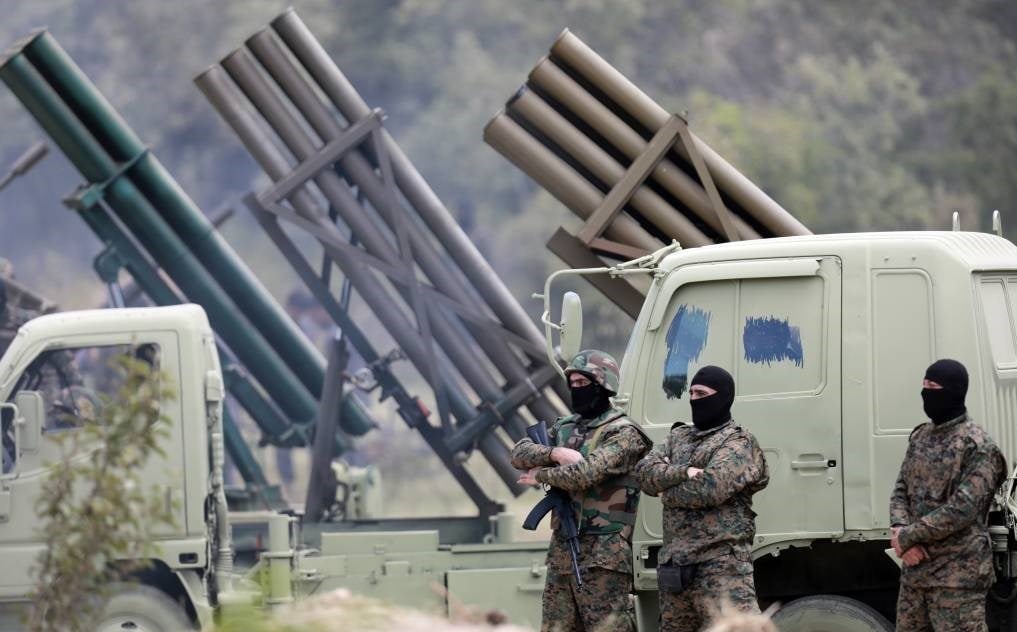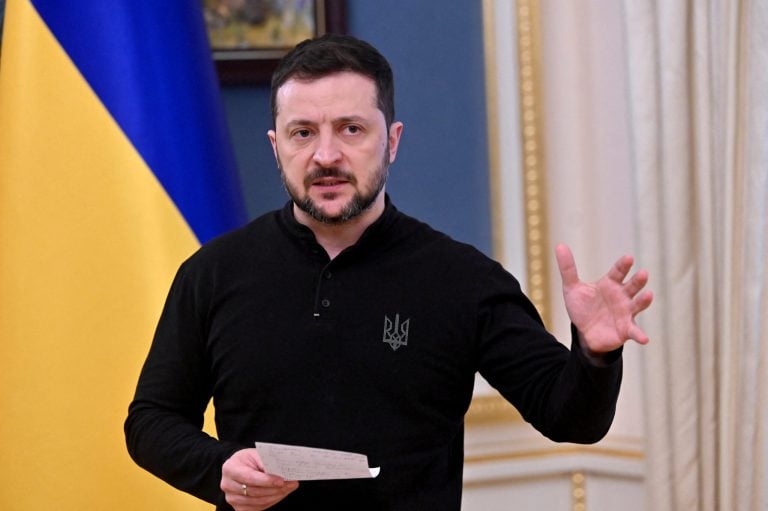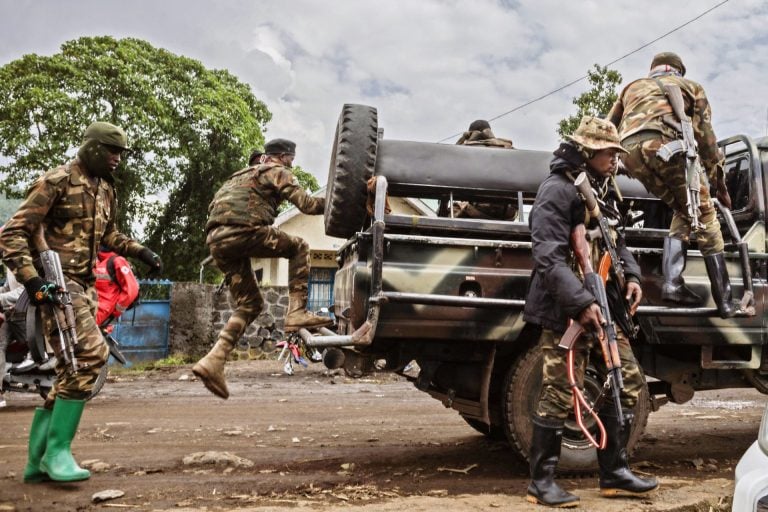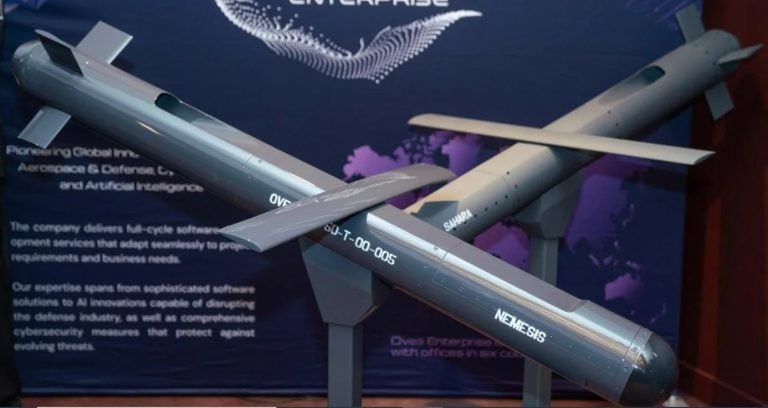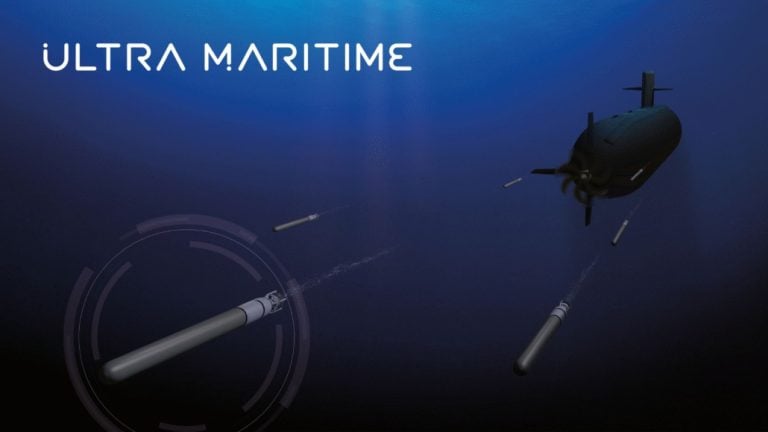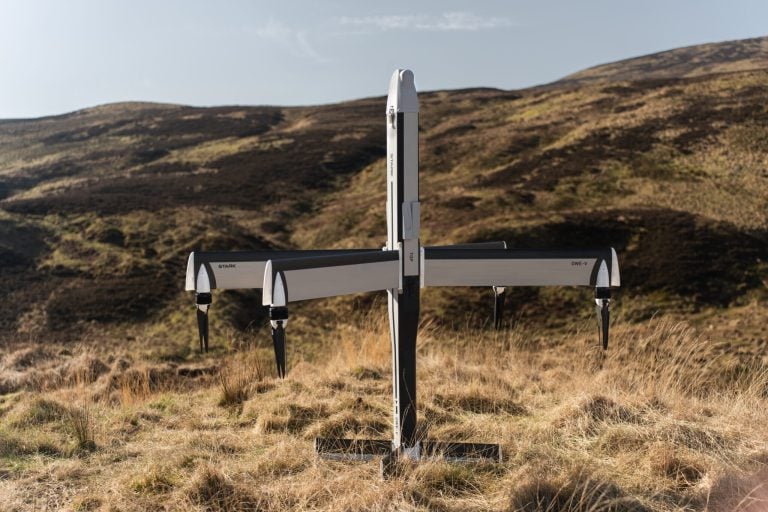Most military positions of Hezbollah in southern Lebanon have now been placed under the control of the Lebanese army, according to a source familiar with the group’s operations. This development follows a ceasefire agreement that was reached on November 27, which concluded over a year of intermittent conflict between Hezbollah and Israel, culminating in two months of intense warfare.
As part of the ceasefire, it was mandated that only United Nations peacekeepers and the Lebanese military should be stationed in southern Lebanon. This stipulated arrangement is aimed at dismantling Hezbollah’s military infrastructure in the region and relocating its fighters north of the Litani River, approximately 30 kilometers (19 miles) from the Israeli border. The anonymous source indicated that of the 265 identified military positions held by Hezbollah south of the Litani, about 190 have now been transferred to the Lebanese army.
The ceasefire agreement also outlined that Israel was expected to fully withdraw its troops from Lebanon by February 18, a deadline it had previously missed in January. However, Israeli forces remain entrenched in five strategic locations they consider critical.
Despite the ceasefire, Israel has continued its military operations against what it describes as Hezbollah infrastructure and members within Lebanon. This ongoing tension has further complicated relations in the region.
In a related development, on Saturday, during a commemoration of the outbreak of Lebanon’s civil war from 1975 to 1990, President Joseph Aoun reiterated his call for Hezbollah to disarm. He emphasized the consensus among national leaders that the maintenance of weapons outside the authority of the state would compromise Lebanon’s national interests. “It is time for us all to say: ‘Lebanon can only be protected by the state, the army, and the security forces,’” Aoun declared.
The situation has drawn the attention of international mediators. Morgan Ortagus, the U.S. deputy special envoy for the Middle East, held discussions with senior Lebanese officials regarding the disarmament of Hezbollah during her recent visit to Beirut. In an interview with Lebanese television, Ortagus reiterated the need for the Lebanese government to effectively implement the cessation of hostilities, which includes the disarming of Hezbollah and all militias. She urged that this disarmament should occur “as soon as possible.”
Ortagus’s visit occurred under the auspices of a committee co-chaired by the United States and France, which oversees the ceasefire provisions.
The escalation of the conflict has not been limited to Hezbollah alone. Following an assault on Israel by Hamas militants from Gaza in October 2023, Hezbollah began targeting northern Israel, which escalated tensions into widespread hostilities last September. These recent clashes have inflicted significant casualties, with Lebanese authorities reporting over 4,000 fatalities linked to the violence.
